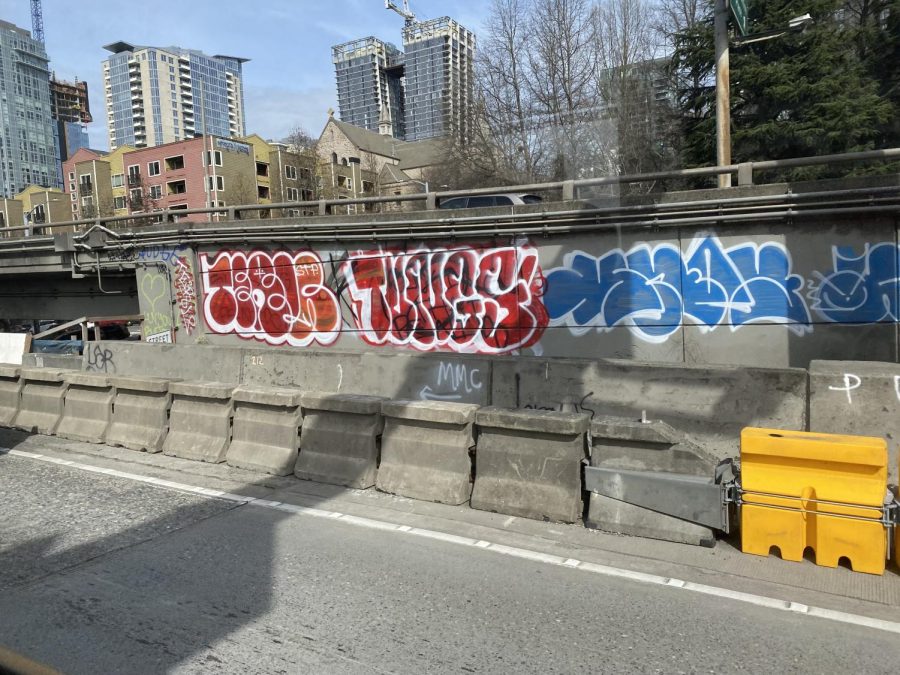Addressing Our City’s Homelessness Crisis
April 5, 2022
Throughout the last couple of years, mental health struggles and addiction have become much more prevalent in the streets of Seattle. While there are numerous reasons why an individual may find themselves without housing, these issues seem to be more visible.
In the last couple of years, Seattle has become dirty and disgusting. Trash lines the streets, and graffiti covers almost every available wall. Parents have to check little league game fields for heroin needles before gameplay can occur. Seemingly every night there is a shooting or some form of violent outburst in our city. Many repeat offenders are arrested and released quickly until they do something horrific enough for them to be locked up for numerous years.
No one pictures themselves living in a tent or using the bathroom on the streets when they are a little child. All of the people suffering in this city are someone’s children and at some point, they were not facing addiction or severe mental health struggles. As a city, we have to stop driving by and ignoring the problem. It is time to face it head-on and help who we can. Living in filth is appealing to no one and watching others live in filth is heartbreaking. While compassion is crucial to helping solve the problem, it seems as if we have gone too far and our compassion is now enabling suffering. We seem to have lost our civility and thrown away the rules of living in a community.
Seattle is a wealthy city. According to the Wall Street Journal, roughly 6.5% of Washington households are millionaires. The money to solve these problems seems to exist, it is just a matter of having good enough ideas and places to address it, that people feel confident in funding them.
Homelessness is a complex issue and so a blend of multiple ideas may be the best way forward. Creating housing facilities where people have constant access to mental health, addiction, education, and career resources could give people a way forward. Hopefully, a center modeled like this would allow people to build a support system that could help them sustain a long term recovery. Giving people the resources to find jobs will help them become financially stable. With that, hopefully, they can stay off the streets long term.
Of course, there will always be people who cannot be helped, or who have no interest in being helped, but for many, this may give them a chance to reach their full potential. It is time to move away from the era of lawlessness or Freeattle, and return to the place we all know and love, Seattle, where compassion and civility can coexist.






